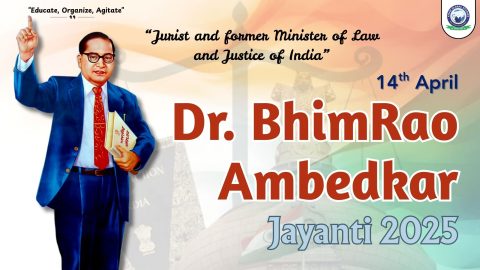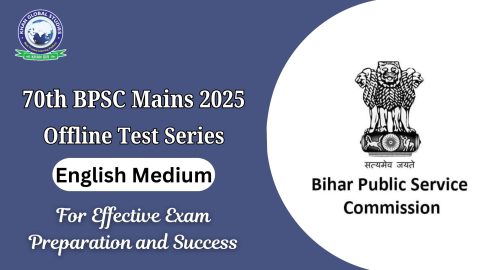UPSC and State PSCs: A Comprehensive Overview
The Union Public Service Commission (UPSC) and the State Public Service Commission (State PSCs) are two of the most prestigious constitutional bodies in India, responsible for recruiting civil servants for central and state-level posts, respectively. Both play a vital role in shaping the administrative structure of the country by selecting candidates who serve in top government roles. Here is a detailed look at the way these two commissions operate and the differences between them.
What is UPSC?
The UPSC, established under Article 315 of the Indian Constitution, is a central recruiting agency that conducts examinations to recruit candidates for various civil services and other central government roles. The most famous exam conducted by it is the Civil Services Examination (CSE), which recruits officers for the Indian Administrative Service (IAS), Indian Police Service (IPS), and Indian Foreign Service (IFS).
The UPSC exams are known for their rigorous selection process, which includes three stages: Preliminary Exam, Main Exam, and Personal Interview. The difficulty and competition of this exam is unparalleled, with lakhs of candidates applying for a few hundred posts every year.
What are State PSCs?
Each Indian state has its own State Public Service Commission (State PSC), which is responsible for recruiting candidates for state-level civil services and other state government roles. The State Civil Services Exam is similar to the UPSC, but it focuses on state-level posts such as the State Administrative Services (SAS), State Police Services (SPS) and other administrative posts within the state jurisdiction.
Like the UPSC, the recruitment process usually consists of a preliminary exam, main exam and interview, although the syllabus, difficulty level and number of attempts allowed may vary across states.
Difference between UPSC and State PSCs
Although the basic function of both commissions is to recruit, there are notable differences in their scope and processes:
- Jurisdiction: The UPSC is a central body that recruits for All India Services and central government posts, while State PSCs recruit for state-level services.
- Exam Structure: While the structure of the exams (prelims, mains, interview) is the same, the syllabus, focus areas, and level of difficulty differ. UPSC exams have a more comprehensive and national outlook, while state PSC exams emphasize state-specific subjects such as local history, geography, and law.
- Selection Pool: UPSC recruits candidates for the All India Services, who can be posted in any part of the country, while state PSC candidates serve in their respective states.
- Frequency of Exams: UPSC conducts its exams annually, while the frequency of state PSC exams varies depending on the state and the need for new personnel.
Importance of UPSC and State PSCs in India
Both UPSC and state PSCs play a vital role in maintaining the administrative machinery of India. Additionally, by testing candidates through a combination of written exams and interviews, the commission ensures that only the most competent and ethical individuals reach the civil services.
UPSC and State PSC Preparation
Given the vast number of candidates and the competitiveness of these exams, thorough preparation is essential. Aspiring candidates need to focus on:
- Comprehensive study: Candidates should cover a wide range of topics including current affairs, national and international issues, governance, ethics, and regional topics for the state exams.
- Answer writing practice: Since the main exams are descriptive, candidates need to develop the ability to write concise, coherent, and well-structured answers.
- Mock interviews: Personality test preparation is equally important, and candidates often attend mock interviews to improve their communication and interpersonal skills.
Conclusion
The UPSC and state PSCs serve as important institutions for recruiting talented individuals into India’s civil services. While the process is challenging and competitive, it provides individuals with a path to contribute to the development and governance of the nation. For candidates, consistent preparation, awareness of national and state-specific issues, and mastering exam techniques are the keys to success.



